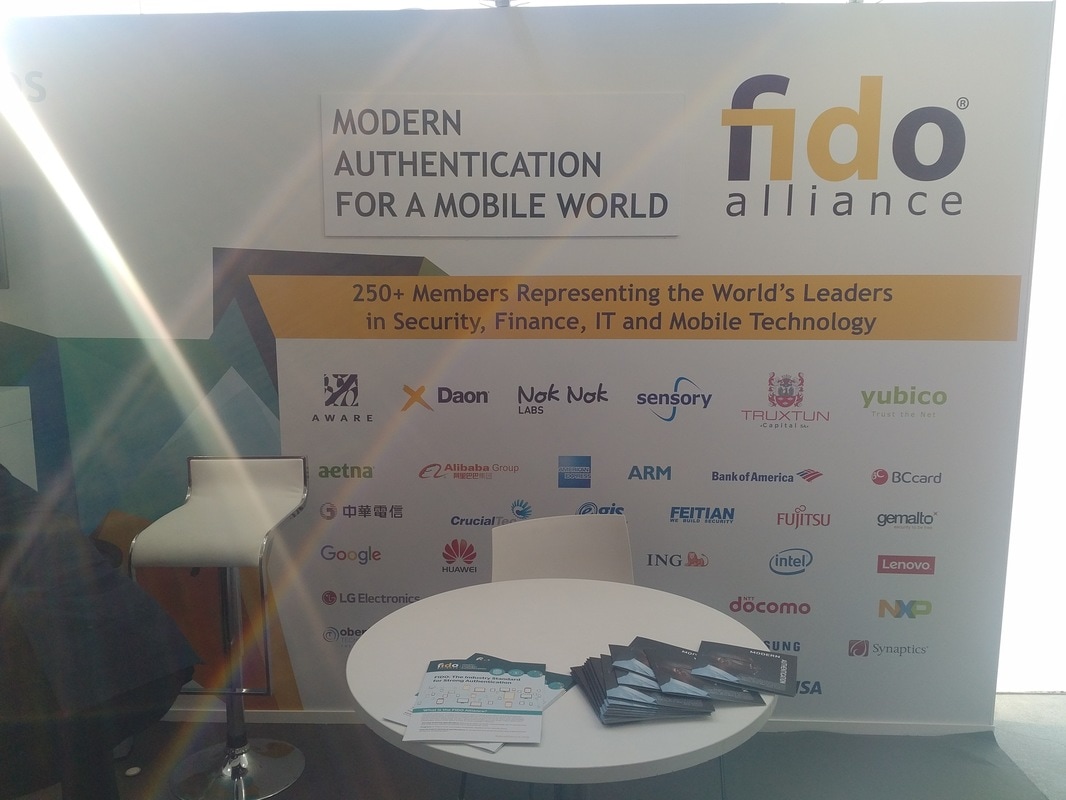|
Fintech has become an important topic at Mobile World Congress too. This year we saw big finance institutions, startups and also companies from other verticals offer some fintech products. But the products we see in Barcelona are more elements and building blocks, not proper larger solutions. Some areas of fintech are already quite crowded and some other components are largely missing.
Payment products and components were probably the most popular fintech application at the event. Some products are really a full offering to make payments, and some are more enablers, for example, to handle an NFC transaction. A payment can also mean many kinds of things, it can be a physical touch payment with NFC, or it can be a payment inside a mobile app, it can be a money transfer as such or inside social networking, or a mobile device for point-of-sale to collect payments. Generally, this is a very fragmented area at the moment, but it is clear the main global players are Apple and Google, maybe a little Samsung, and we will see if there will be room for other players. The GSMA estimates that more than half a billion mobile money accounts have been opened globally, so it is also a big market. User identification, authentication and know-your-customer (KYC) are also becoming very important fintech domains. But there is a bottleneck for many digital finance services - how to make it easy for new customers to start to use the service, log in to the service and authenticate transactions and at the same time guarantee high security and finance regulation requirements. KYC has become so important that for example many banks have paid billions of dollars in fines or settlements in the US, when they have taken customers that have had links to drug or terrorist money. At the same time users expect now an easy process to start to use a digital service. The FIDO alliance is an interesting initiative for more secure authentication. It has dozens of member companies from big organizations like Google, Microsoft and Amex to smaller startups. The alliance basically develops a framework, with principles and guidelines to implement secure authentication solutions. Actual applications can use many kinds of solutions from physical tokens to biometric components like finger print, face and voice recognition. This is probably an area, where we will see much more new solutions also in mainstream services in the next one to three years. Samsung, VISA and MasterCard were the big players with fintech solutions at MWC17. They didn’t tell anything significantly new. For example, MasterCard demonstrated how to track the use of your card in a mobile app in real time. It is a nice feature and not all card issuers offer it yet, but at the same time mobile banks (e.g. N26) and some traditional banks (e.g. Chase) have been offering it for a long time. Of course, VISA and MasterCard have a very important role in new payment solutions too, when still many of those are based on credit and debit cards. But they must also innovate, when we see in China how Alipay processes 10 times transactions a peak second than VISA. It is a good reminder their position is not guaranteed. Identification and payments are still quite simple solutions, if we think the whole finance industry. The critical thing is to get all components to work smoothly together and not only handle the consumer interface, but also a lot of back office functions, transactions between finance institutions, and also corporate services. There were some examples of larger finance solutions too at MWC. Crowd Valley, a cloud based finance back office provider, published its new mobile development tool kit, focused on how to build mobile finance applications by getting all needed back office functions, regulatory and compliance features from their back office. Tag Pay was there again to talk about its mobile banking services, that can be used also with feature phones, especially for developing countries. And then there were some new interesting startups, like Barcelona based Unnax, that offered more solutions for corporates, such as downloading data directly from a bank account to an online loan application and transfering money. MWC is also getting a fintech event too. One fact seems to be that fintech innovations are more driven by tech people and entrepreneurs than traditional finance people and institutions. Of course, that is similar in many other industries, when someone must disrupt it. A surprising detail was that not so much about blockchain yet in Barcelona, maybe because tech people know it still needs a lot of work although it is promising, when bankers like to talk about it even when they don’t know what it is. My expectation is that next year we see more fintech at MWC, and not only elements but whole frameworks and finance solutions. This article was first published on Telecom Asia. |
AboutEst. 2009 Grow VC Group is building truly global digital businesses. The focus is especially on digitization, data and fintech services. We have very hands-on approach to build businesses and we always want to make them global, scale-up and have the real entrepreneurial spirit. Download
Research Report 1/2018: Distributed Technologies - Changing Finance and the Internet Research Report 1/2017: Machines, Asia And Fintech: Rise of Globalization and Protectionism as a Consequence Fintech Hybrid Finance Whitepaper Fintech And Digital Finance Insight & Vision Whitepaper Learn More About Our Companies: Archives
January 2023
Categories |





 RSS Feed
RSS Feed
